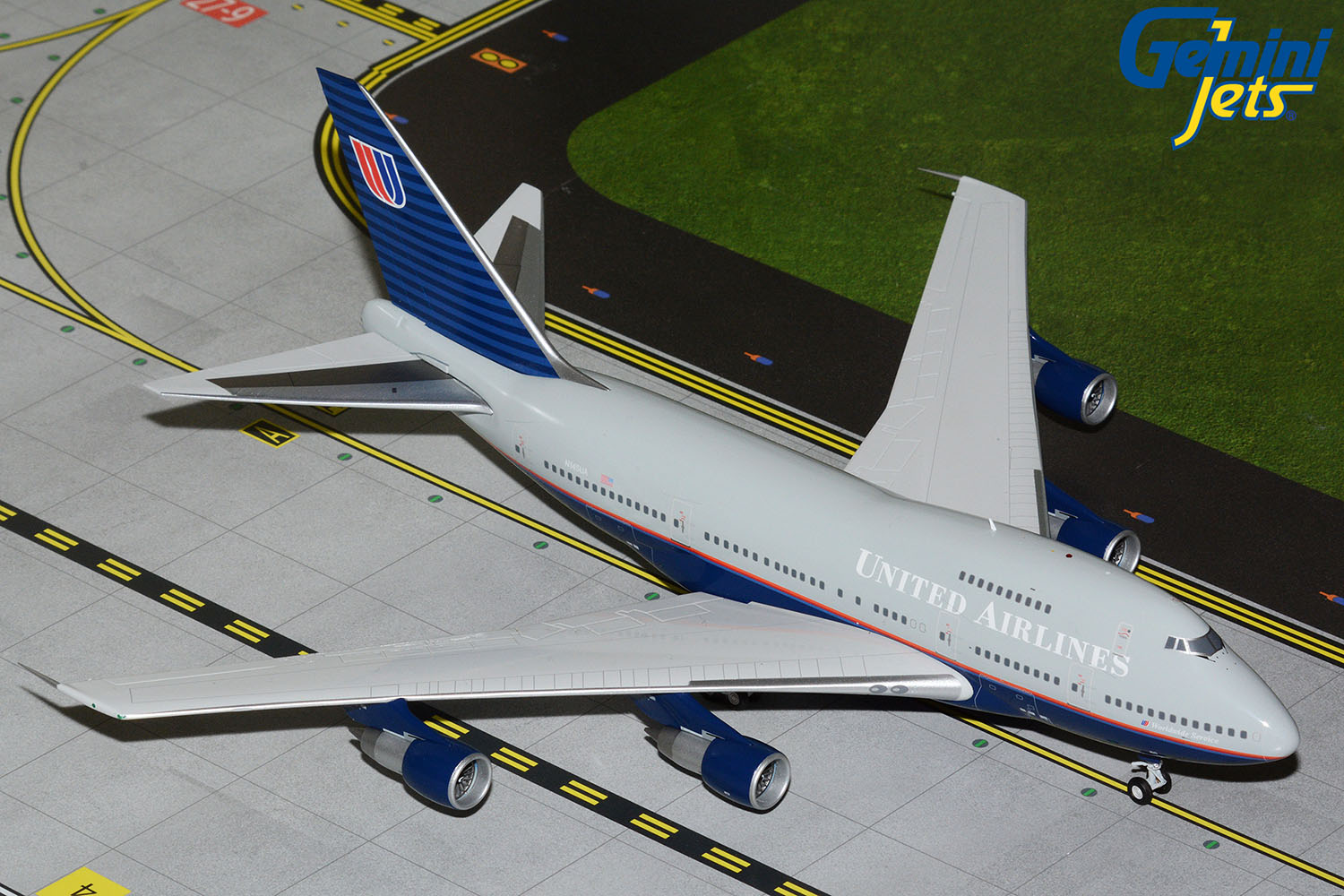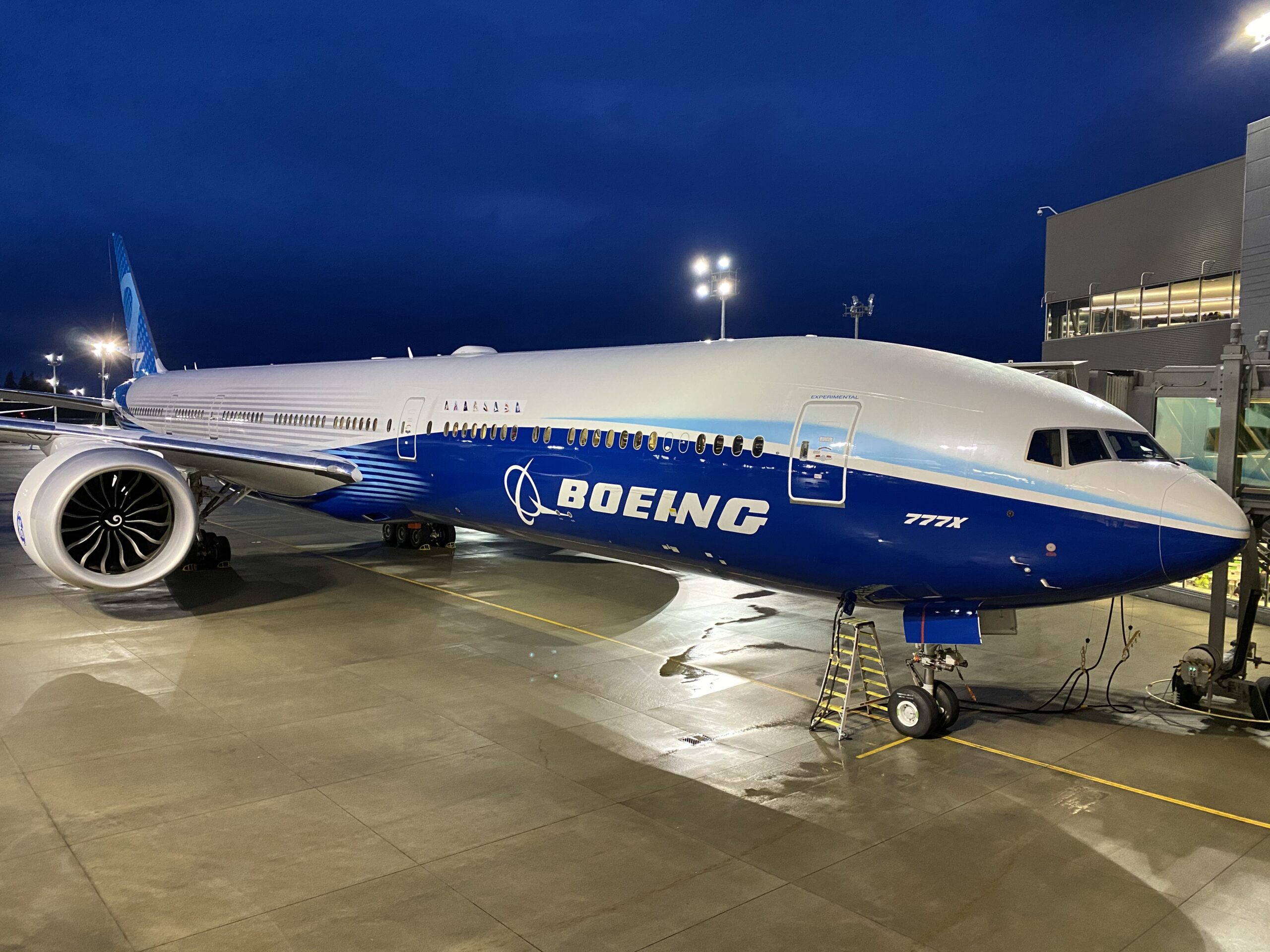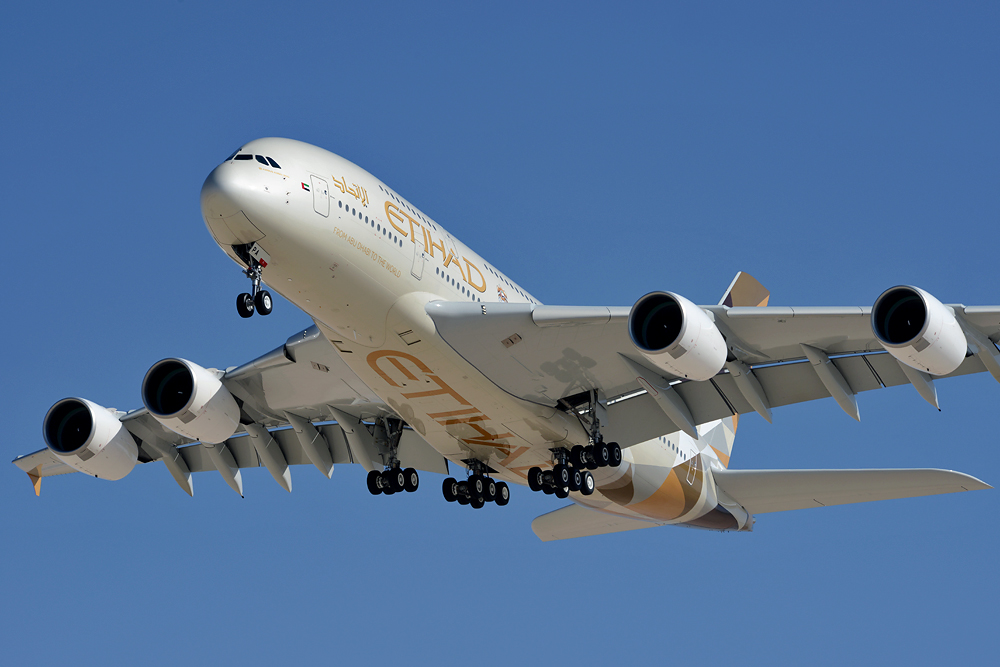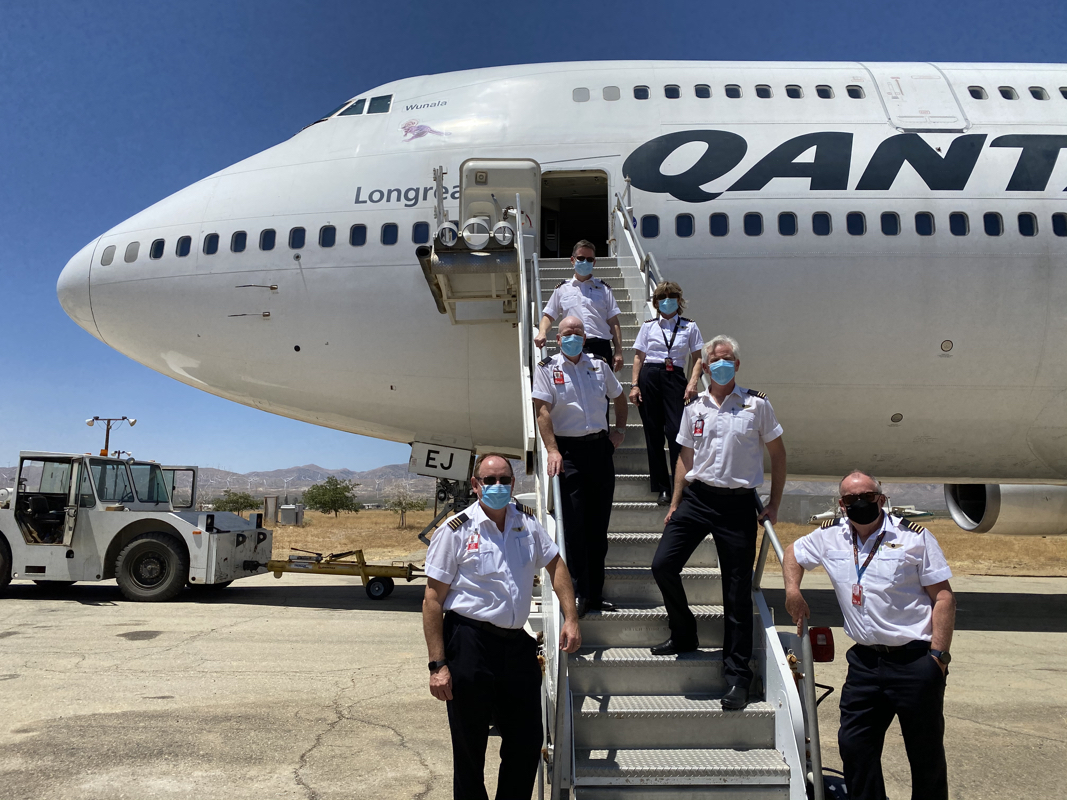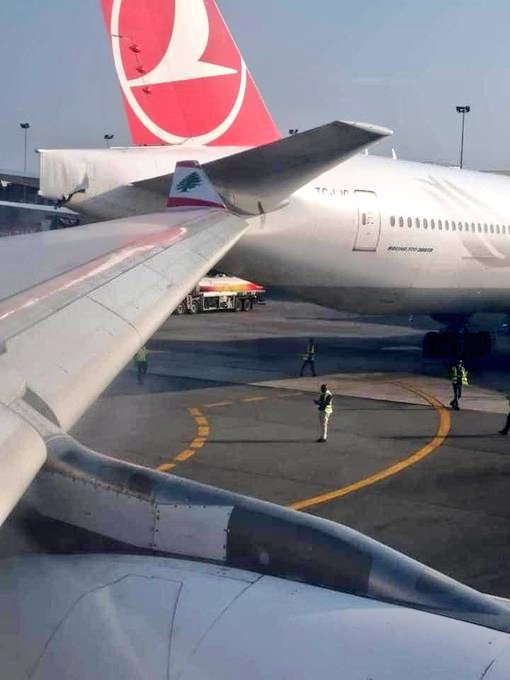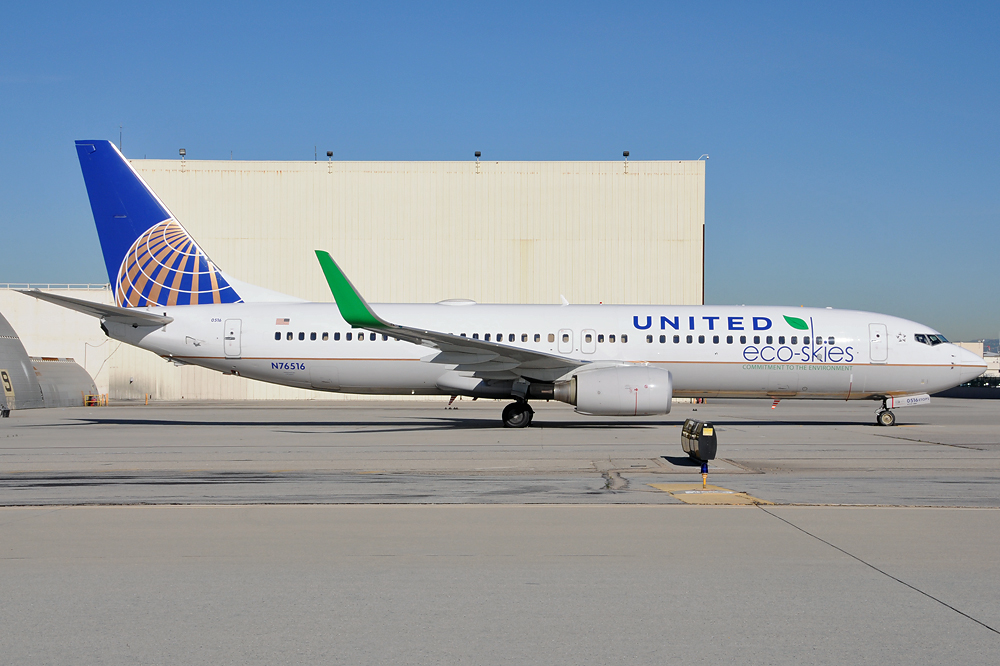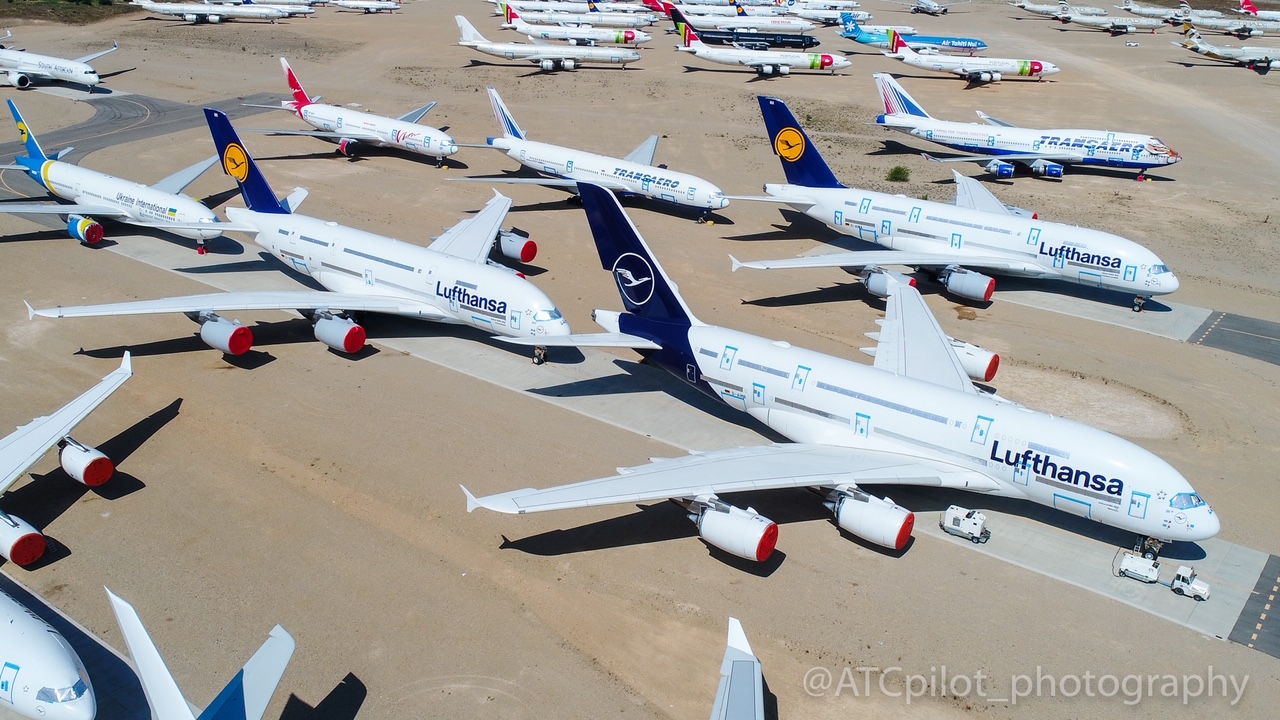Boeing is preparing to delay their 777X by up to a year, as the COVID-19 pandemic continues to severely disrupt long-haul travel. This development comes amidst a host of issues that have already caused the B777X to be delayed until 2021.
Sources have told Reuters that Seattle-based Boeing is unlikely to have the B777X in service before 2022-23.
“There are so many widebody aircraft being retired, mothballed…If air travel comes back to 2019 levels, many new planes will be needed.”
Anonymous Boeing source
Delay Factors
Boeing initially aimed to deliver the 777X to customers by 2020; however, issues with the General Electric GE9X engines caused widespread delays. Consequently, the maiden test flight only took place in January – up to six months behind schedule.
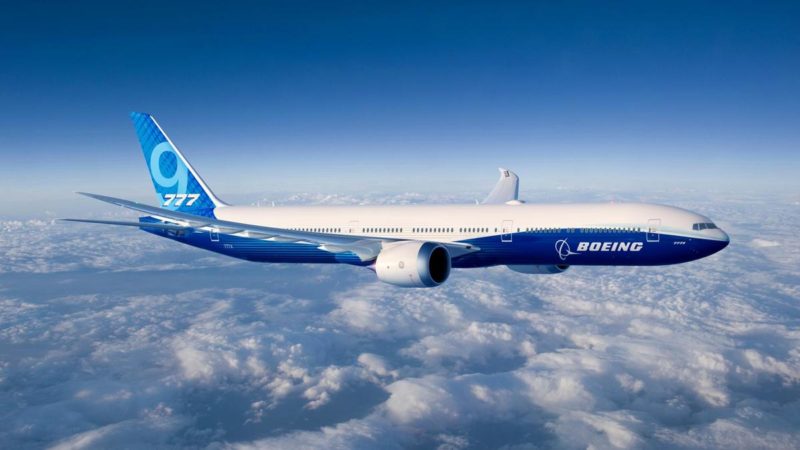
It remains unclear if this extended delay is due to further technical problems. However, by delaying deliveries, Boeing risks losing developmental momentum. Furthermore, analysts have predicted that the U.S. FAA may scrutinise the 777X even further – potentially slowing or stalling the certification process.
While Boeing says they have sold 309 777X planes – worth $442 million each at list prices – many in the industry have questioned their dependence on Middle Eastern carriers, who are currently scaling back orders.
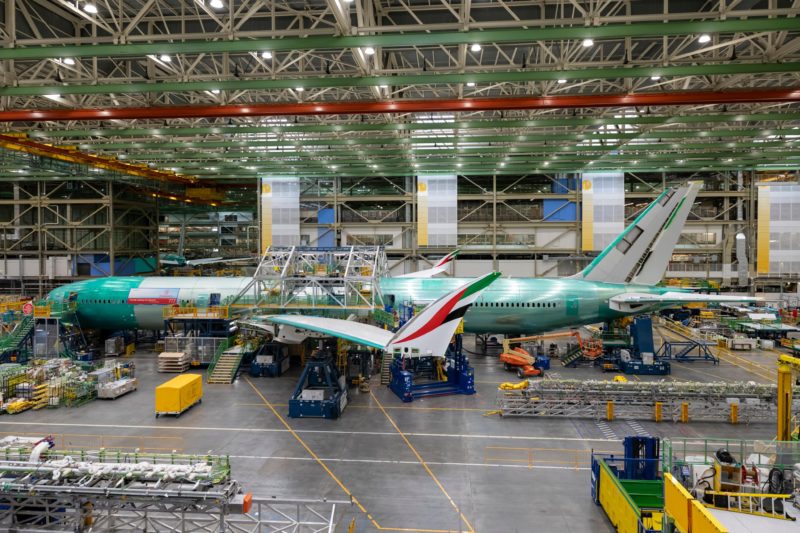
Customers Anticipated Delays Further
Earlier this month, Emirates foresaw a year-long delay to their 150 777X deliveries. COO Adel Al Redha explained that whilst Emirates had deliveries slated for 2021, the COVID-19 situation rendered that date impractical. Two weeks later, it has been revealed that Boeing themselves are now preparing to delay the 777X.
Boeing declined to comment on these delays specifically, but said that flight tests will continue and it will be “working closely with our customers around the world as they continue to adapt to the evolving COVID-19 situation”.
A Necessary Aircraft for Boeing
The much-anticipated 777X will serve as a necessary addition to Boeing’s aircraft offerings. Boeing recently announced that their fuel-inefficient 747 aircraft will no longer be manufactured, as buyers look for smaller and more efficient twin-engine aircraft.
The 777X is tipped to be a much more future-proofed aircraft, allowing more efficient point-to-point transport over longer distances. In the interim, however, even the 777X will not be economically viable amidst the COVID-19 pandemic.
Source: Reuters


